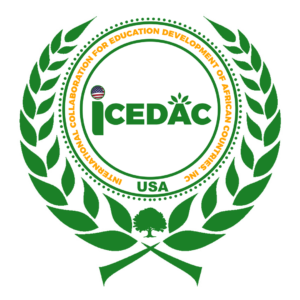
In addition to finding ways to stabilize the economy and create more jobs, socio-economic development also takes into account the availability of essential services in the region.

In addition to knowledge, the other role of education is to shape the character and personality of children. Education from an early age has a major influence on the child's personality.

Humanitarian aid supports people in distress as a result of crises, conflicts or natural disasters, who are unable to overcome the situation themselves.
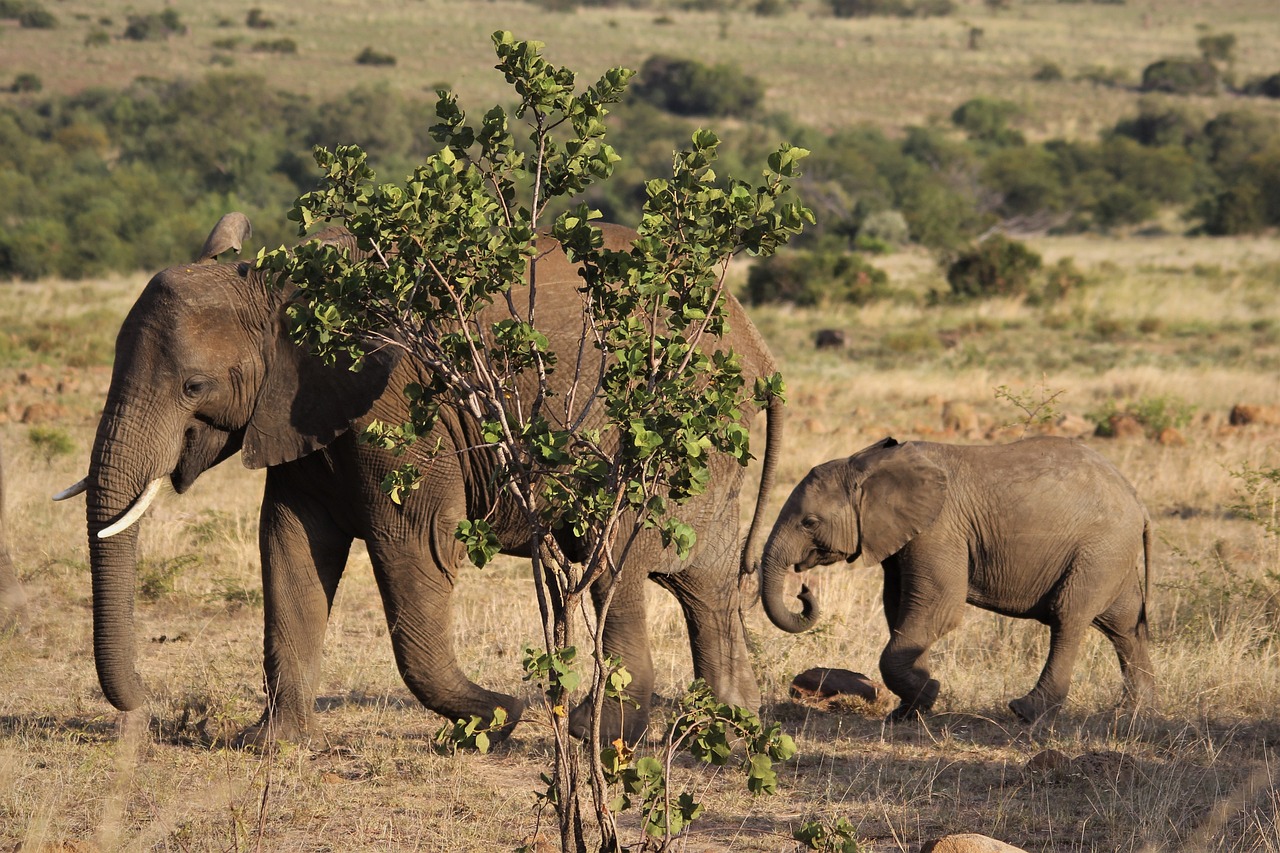
Protecting biodiversity is not just essential to the planet's functioning and our food supply. We also depend on it for our medicines and vaccines, to purify our air and water, to control the microbial population and to prevent epidemics.

Non-communicable diseases often develop because people lack basic health information that could help them reduce their risk of contracting them.
About us
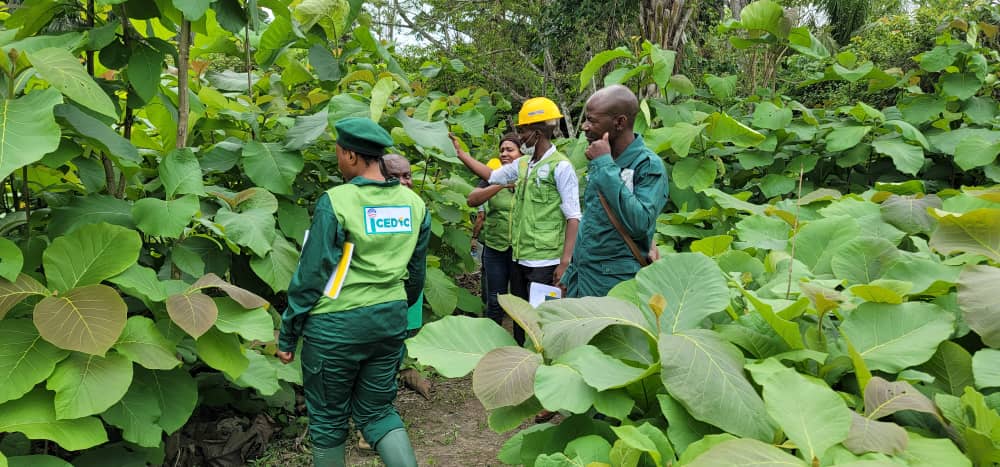
Founded in 2021 in the United States, ICEDAC-USA is now entering its third year of activity and confirms its commitment to the integral coverage of issues in all countries such as climate, education, health, gender equality and economic prosperity, in particular by participating in the achievement of the 17 goals defined by the new Sustainable Development Roadmap (SDG) to 2030.
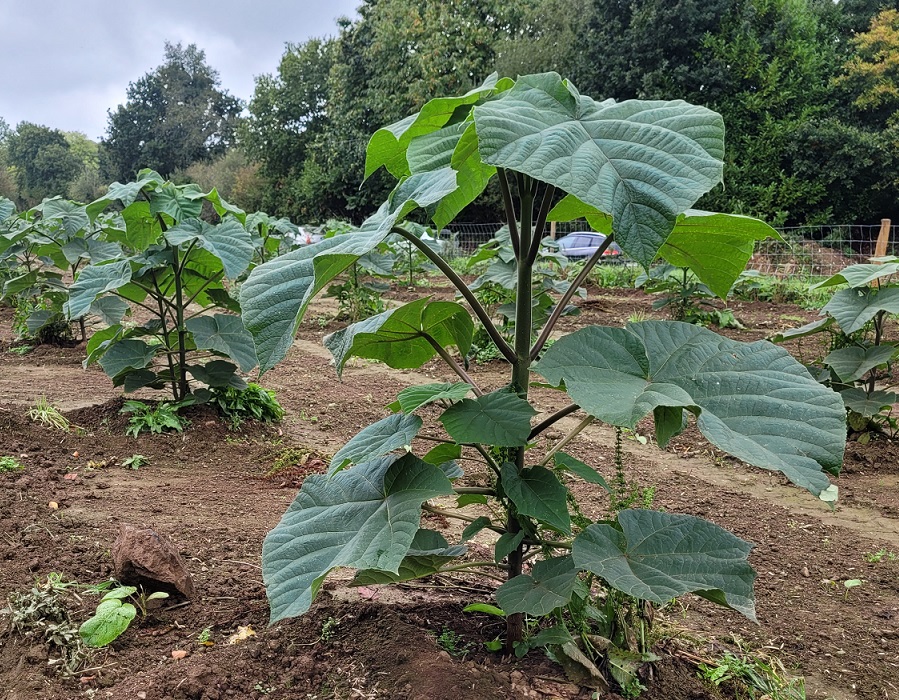
Paulownia is native to western and central China, where historical documents describe its medicinal, ornamental and timber uses as far back as the third century BC. It has been cultivated for centuries in Japan, where it is valued in many traditions. It was imported to Europe in the 1830s by the Dutch East India Company and brought to North America a few years later. Paulownia has been naturalized in the eastern United States for over 150 years and is also grown on the West Coast…
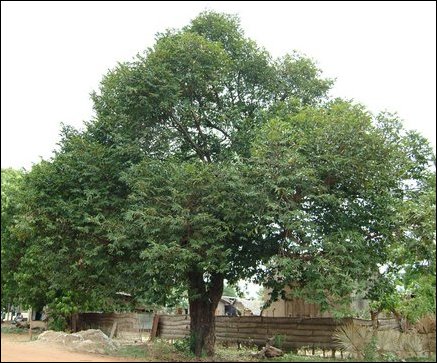
The ebony tree is native to the humid coastal rainforests of India and Sri Lanka. Due to its slow growth and value as a timber tree, this tree species is becoming increasingly rare in its natural range, where it is considered an endangered species, according to “tropical and subtropical trees”.
